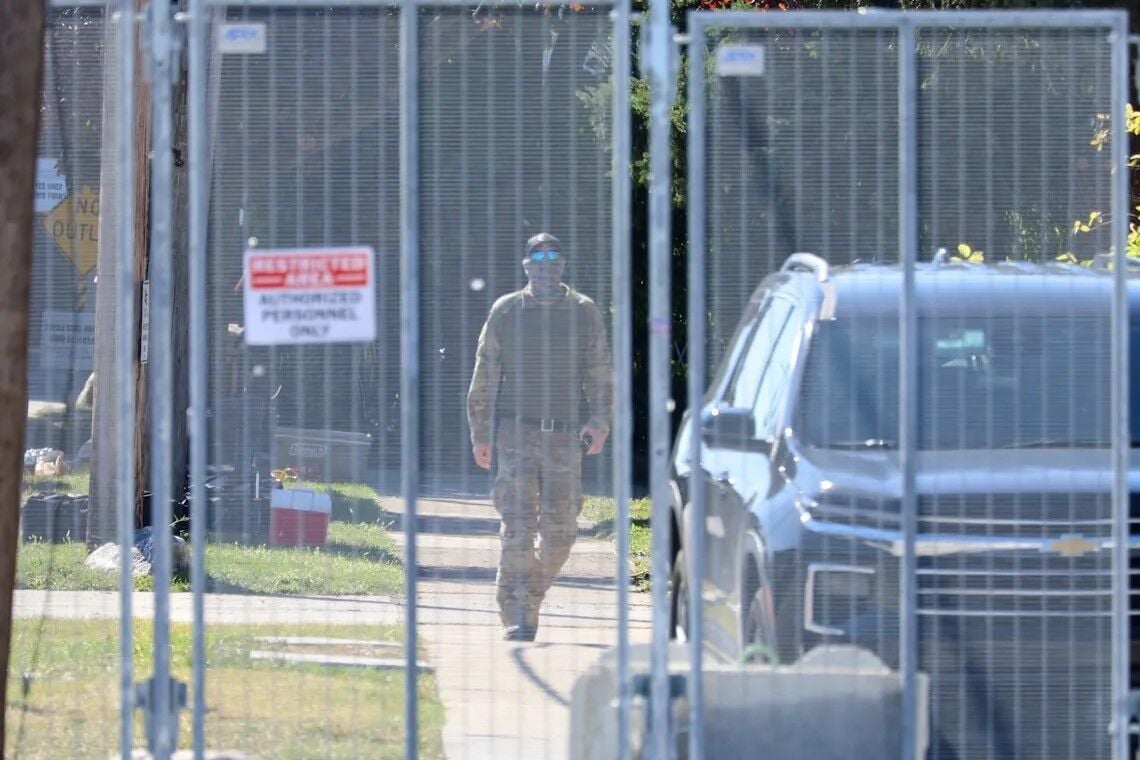An appeals court granted a request to federalize troops but maintained an order preventing their actual deployment. The lower court’s block remains in effect until Oct. 24, when U.S. District Judge April Perry can decide whether to extend it.
Appeals court allows federalization of troops but says they can’t be deployed

Key Takeaways:
- An appeals court decision allows federalization of troops but not their deployment.
- A lower court’s order still prevents actual troop mobilization.
- The current block remains in place until Oct. 24.
- U.S. District Judge April Perry may extend the order.
- The decision has political and legal implications for federal authority.
The Appeals Court Ruling
An appeals court recently ruled that troops could be placed under federal authority, but it disallowed their deployment for the time being. This complicated decision comes amid a larger debate over the scope and limits of federal powers in matters of military mobilization.
The Lower Court’s Position
Despite the appeals court’s stance, a lower court order continues to impose a block on actually deploying these troops. The order, grounded in legal concerns over the nature and timing of such a move, effectively prevents any activation on the ground.
The Upcoming Deadline
That block will remain in effect until next Thursday, Oct. 24. Legal observers note that this date might serve as a turning point for whether or not troops will be allowed to move forward in their federally authorized capacity.
Judge April Perry’s Role
U.S. District Judge April Perry holds the authority to extend the current order if the situation remains unresolved by Oct. 24. At issue is whether the justifications for blocking deployment still hold and whether further judicial measures are warranted.
Final Thoughts
For now, troops remain in a state of uncertainty—federalized in name but restricted in practice. As the deadline approaches, stakeholders await clarity from the court on how military authority will be exercised in the immediate future.











